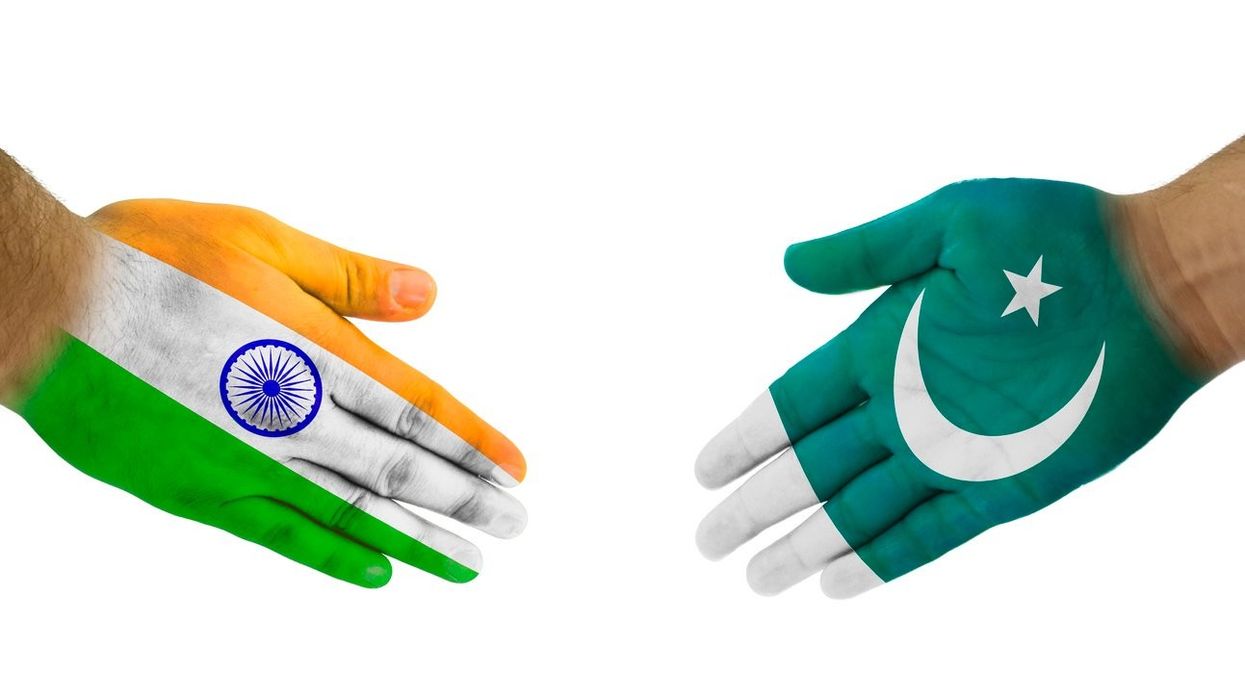PAKISTAN lifted a nearly two-year old ban on Indian sugar and cotton imports, government sources said, a step towards reviving suspended trade between the two nuclear-armed neighbours.
Pakistan's Economic Coordination Council, a top decision-making body, on Wednesday (31) allowed the private sector to import 0.5 million tonnes of white sugar as Islamabad tries to keep soaring domestic prices in check, government officials said.
Pakistani buyers have already started making inquiries about buying Indian sugar and cotton, which is being offered at lower prices than supplies from other countries, five dealers said.
India is the world's biggest producer of cotton and the second biggest sugar producer. Exports to its neighbour will reduce surpluses that are weighing on its local markets, while helping Pakistan to lower soaring sugar prices ahead of Ramadan.
The push comes amid a gradual thawing in ties between the two neighbours, which have fought three wars since gaining independence in 1947. The militaries of both countries released a rare joint statement last month, announcing a ceasefire along a disputed border in Kashmir.
"Enquiries for sugar and cotton are going on for price checking," said the India head of a global trading firm, who declined to be identified due to company policy.
Pakistan has been looking to tap the international market for sugar, floating two tenders for 50,000 tonnes in the last month. It rejected bids on both tenders in March.
The first tender offer was priced at $540.10 per tonne on a cost and freight basis (C&F) and the second at $544.10 tonne, European traders said.
India is offering sugar at a discount compared to supplies from Thailand, said a dealer with global trading firm.
"Pakistani traders have been buying Indian sugar through their offices in Dubai for Afghanistan. If Pakistan allows imports from India, they will unload shipments in Pakistan," the dealer said.
Traders say they have been offering Indian white sugar at $410 to $420 a tonne on a free-on-board (FOB) basis, far lower than the domestic price of $694 quoted in Pakistan.
Indian exporters could also ship via sea or land, the dealer said, noting this gives them a big edge given tight global container shipping markets.
Pakistan was one of the leading buyers of Indian cotton until 2019, when Islamabad banned imports of goods from India after New Delhi revoked the special status of its portion of the Kashmir region that both countries claim.
"Indian cotton would be at least 4 to 5 cent per pound cheaper for Pakistan than supplies from other countries," said Arun Sekhsaria, managing director of exporter D D Cotton.





